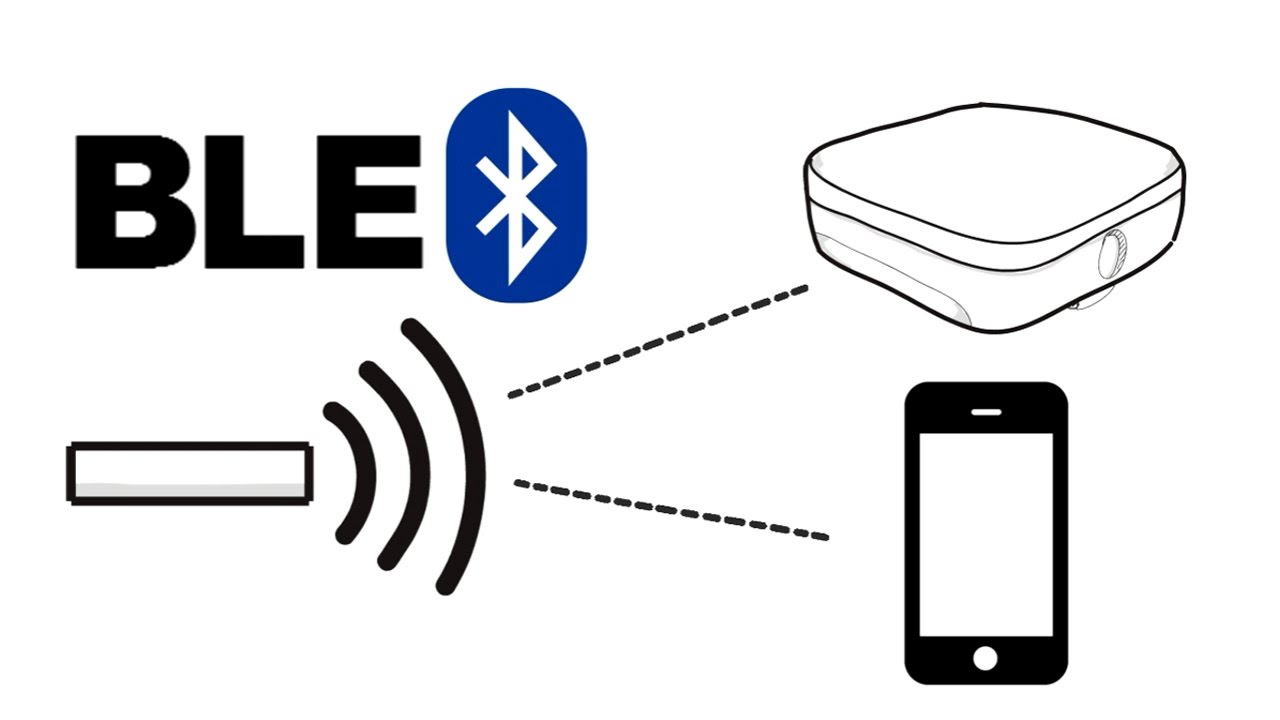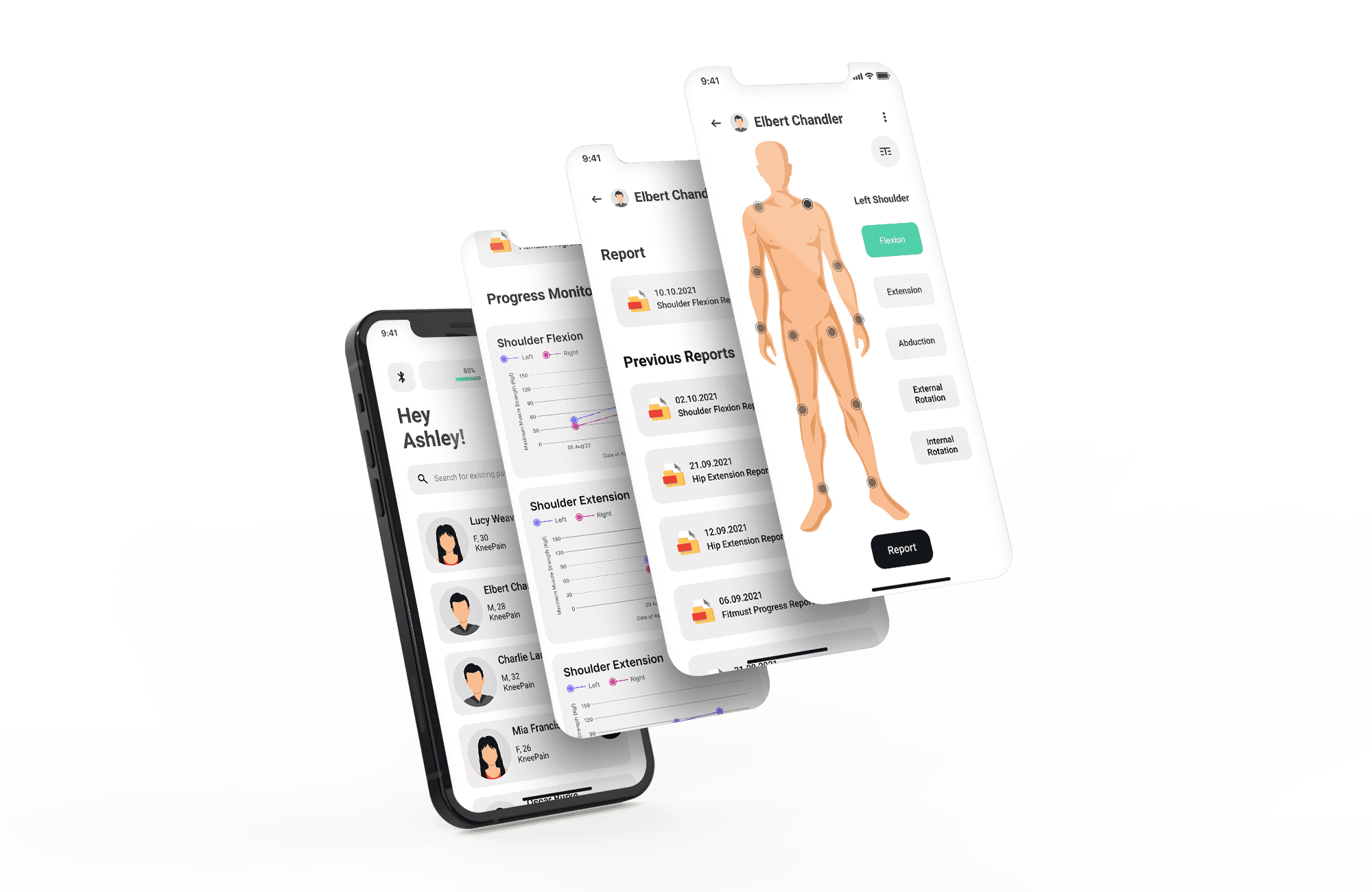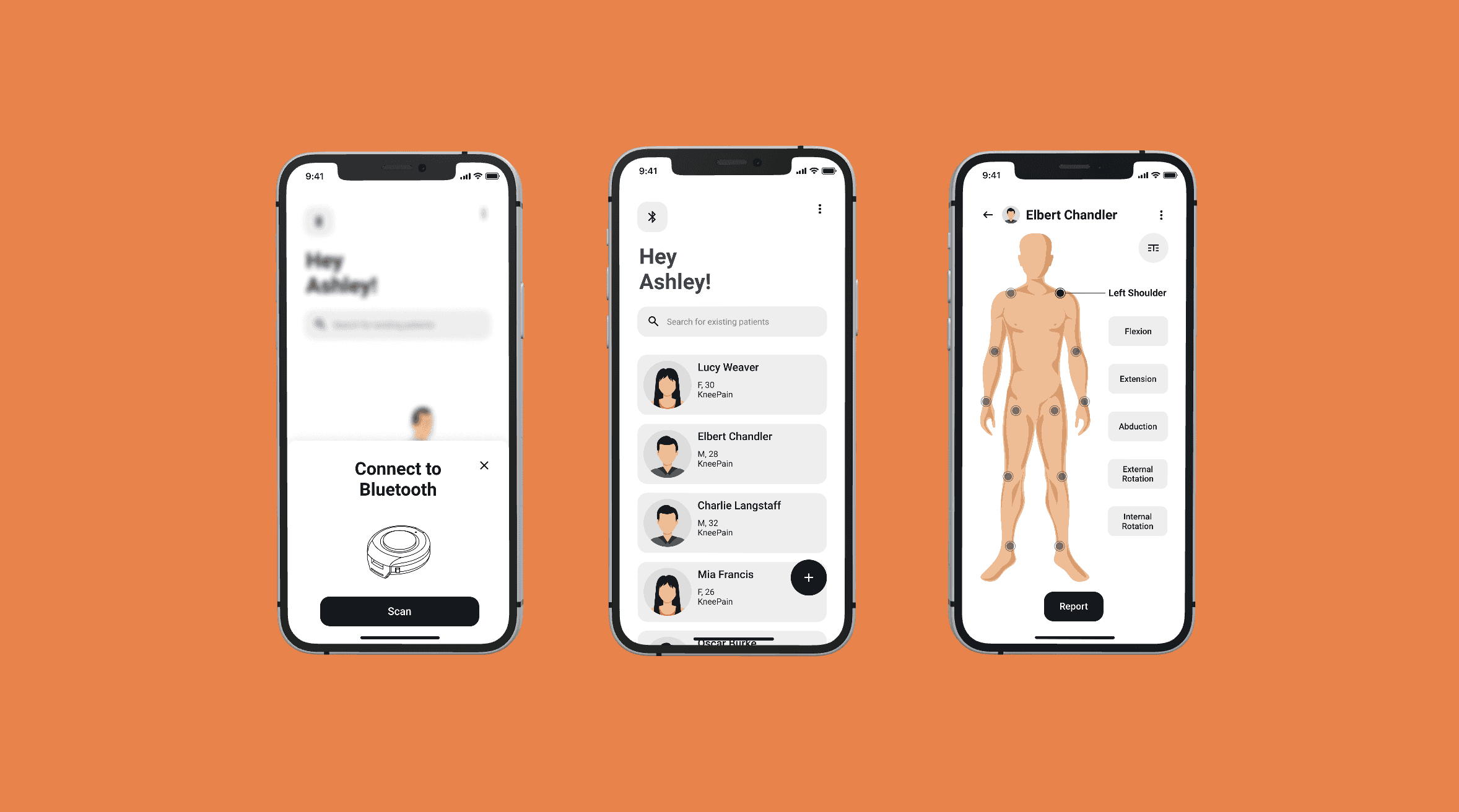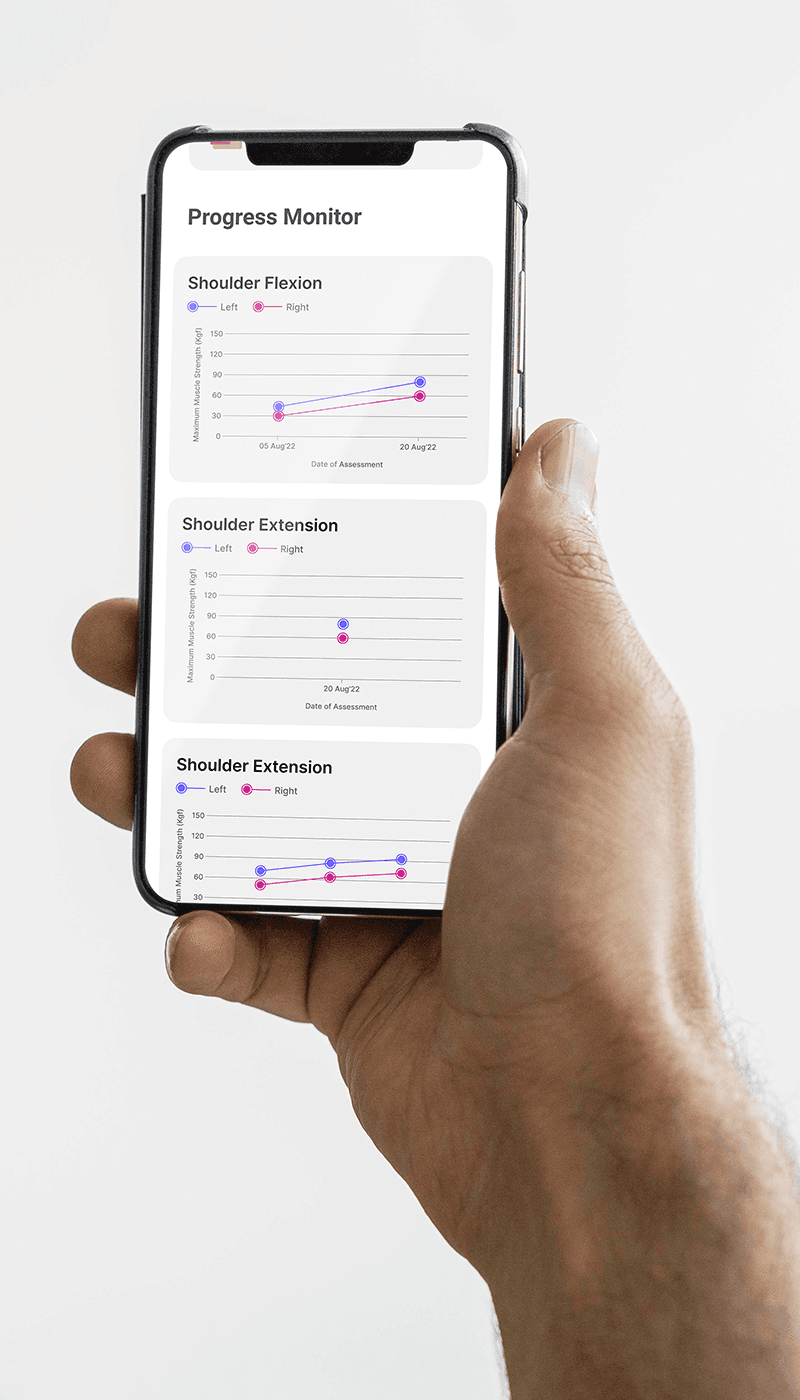Wearable Technologies
Ashva Wearable is a wearable & data science company, focussed on solving the problems of skeletomuscular injuries. They are envisioning a new world where best of the best musculoskeletal healthcare is decentralized and democratized to all.
Muscle Strength Testing
Fitmust is a NABL certified handheld dynamometer for isometric muscle strength testing (MMT) ergonomically designed to add value to clinical practice.
The microprocessor-based dynamometer accurately measures muscle strength and monitors progress, and aims to help diagnose and treat musculoskeletal or sports injuries.
Fitmust is used by physiotherapist to have a muscle strength assessment. They use this data to better evaluate the patient’s condition and give better rehab and feedback.
Mobile Experience
The physiotherapists use a mobile application to create a profile for their clinic. In this application they can register their patients and add all info about them. The hospital admin can add multiple profiles of the doctors. The mobile app and the fitmust device works in congruence of each other. The device is used to get the data and the mobile app is used to process the data and get a meaning out of it.
For getting the raw data from the device to mobile app the device is connected using BLE(Bluetooth Low Energy) technology. Bluetooth Low Energy (BLE) is a form of wireless communication designed especially for short-range communication. BLE is very similar to Wi-Fi in the sense that it allows devices to communicate with each other. BLE was created with IoT applications in mind, which has particular implications for its design. Today, most smartphones and tablets are BLE compatible.

For a patient the clinician can assess different body parts like Knee, Hip, Wrist, Elbow, Ankle and in these body parts there are few options to measure like Flexion, Extension, Abduction, External Rotation, Internal Rotation. The device when used by Physiotherapist provides a lot of processed data which measures the muscle strength in the unit of kgf.
After measuring all these information an extensive assessment report is generated on the mobile app. This report can be used by the physiotherapist to give a data-driven decision. This app Also enables storage of the clinician’s patient’s progress charts which will help them in making the best treatment decisions. The charts presented for each tested muscle group will aid the clinician in determining the future course of actions.
Conclusion
Fitmust provides an objective quantification of isometric muscle strength which is precise and have evidence base making physiotherapy Data-Driven.




